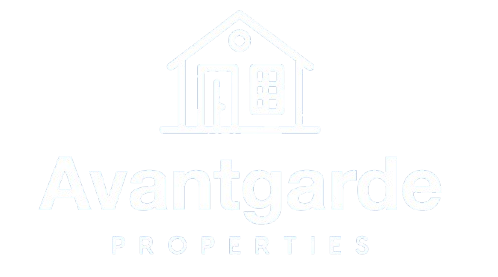In recent years, Zambia has emerged as one of Africa’s most promising real estate markets. With a growing population, urban development, and political stability, the country offers numerous opportunities for both local and international investors. Whether you’re looking to build wealth, create passive income, or secure long-term financial stability, investing in Zambian property could be a game-changing move.
In this guide, we’ll walk you through everything you need to know to make smart, informed property investments in Zambia.
Why Invest in Property in Zambia?
The Zambian property market is gaining momentum due to:
Urban expansion in cities like Lusaka, Ndola, and Kitwe
Increased demand for residential and commercial housing
Attractive rental yields
Government initiatives supporting infrastructure and housing projects
With these drivers, property in Zambia is not just a place to live—it’s a vehicle for wealth creation.
Types of Property Investment Opportunities
Residential Property
Invest in houses, flats, or gated communities for rental income or resale.Commercial Property
Office blocks, shops, and warehouses are increasingly in demand, especially in high-traffic zones.Land
Purchasing undeveloped land can be highly lucrative, especially in growing areas or upcoming townships.Mixed-use Developments
Properties combining retail, office, and residential spaces are becoming more common and desirable.
Key Locations to Consider
Lusaka – The capital city and business hub. High demand for rentals and commercial property.
Ndola – A centre for trade and industry, offering long-term growth potential.
Kitwe – The heart of the Copperbelt, ideal for residential investments.
Livingstone – A tourism hotspot near Victoria Falls, suitable for guest houses and hospitality ventures.
Steps to Start Investing
Define Your Investment Goals
Are you seeking quick returns, rental income, or long-term appreciation?Do Market Research
Study local trends, prices, and rental demand. Use online platforms, speak with agents, and visit neighborhoods.Work with a Reputable Agent
Local expertise is key. A trusted estate agent can help you navigate land ownership laws and find verified listings.Understand Zambian Property Laws
Foreigners cannot own land outright but can obtain long leases. Consult legal professionals to ensure compliance.Secure Financing
Options include bank loans, mortgages, or self-financing. Compare interest rates and repayment terms before committing.
Challenges to Be Aware Of
Land title verification can be complex—ensure proper due diligence
Construction quality may vary—choose trusted developers
Currency fluctuation might affect returns for foreign investors
Being prepared is the best way to avoid costly mistakes.
Tips for First-Time Property Investors in Zambia
Start small – A residential unit is easier to manage than a commercial space.
Inspect the property personally before buying.
Know your tenant market – Understand what renters in your area are looking for.
Set realistic expectations – Property investment is a long-term strategy.
Tax and Legal Considerations
Pay property transfer tax (5% of property value)
Annual property rates apply, based on location and size
Hire a conveyancer or solicitor to handle documentation and ensure legal safety
Conclusion
Zambia’s property market is filled with potential, but like any investment, it requires planning, knowledge, and a long-term mindset. By researching the market, working with local experts, and making informed decisions, you can reap the benefits of property ownership while contributing to Zambia’s growing economy.
Whether you’re an experienced investor or just beginning your journey, the Zambian property landscape is rich with opportunity.




